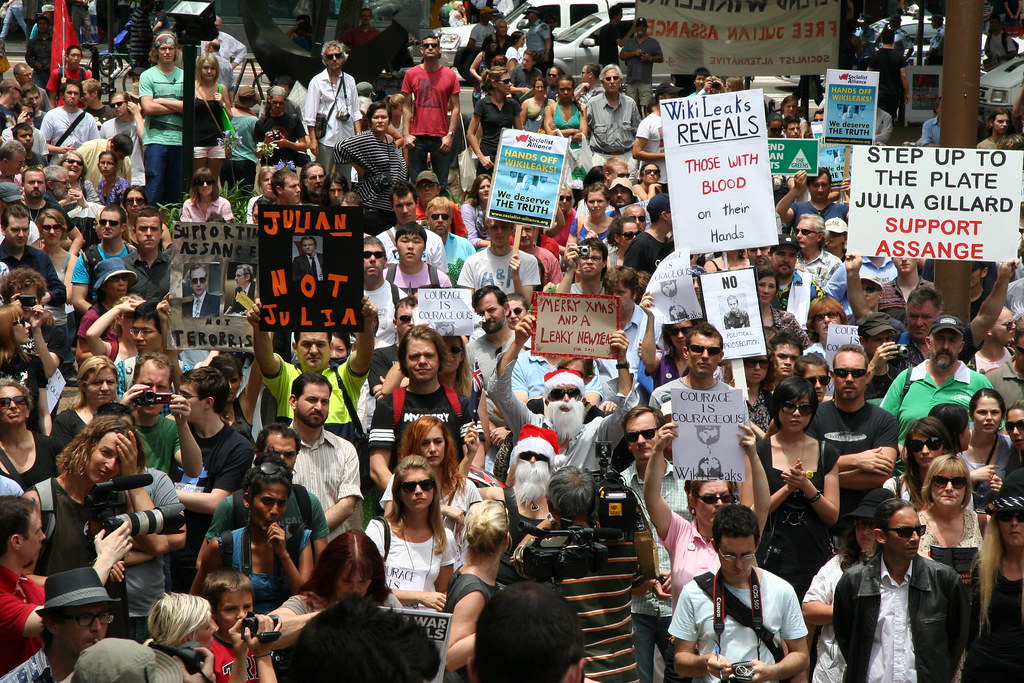In recent years, Europe and the UK have seen a steady rise in far-right belief, an ascent which may not, however, be caused by the demographic we might expect. Indeed, the promise of new politics and distrust in the establishment seems to have taken hold in Europe and Britain’s youth. In Hungary, Poland, Italy and Slovakia, right-wing parties find their strongest support from young voters. Closer to home in France, growing support for far-right parties such as Marine Le Pens’ Front National has been an increasing trend over the last few years. In Britain, counter-terrorism officers have described the rise in teenagers involved in far-right extremism as “incredibly alarming”. Is this something we should be worrying about? Just this past week, it was reported that British 18-year-old Malakai Wheeler was found guilty of six charges related to terror offences and is now being detained for 7 years, suggesting a point of concern.
But what has caused this surge in far-right endorsement amongst the youth?
Europe has seen a sharp rise in youth unemployment. In a 2016 Eurobarometer poll, 57% of 16-30-year-olds reported feeling marginalised and excluded from economic and social life by the economic crisis. This, combined with a multiculturalism backlash which has monopolised much of Europe due to f the refugee crisis and a rise in nationalism, has prompted the right wing to capitalise on the resulting dislike of the establishment.
What about more extreme acts of right-wing violence?
Well, concerns are rising over just how concerning the online material that is being shared and pushed onto young people. In a recent BBC article, Joe Mulhall, a member of the prominent anti-fascist organisation Hope not Hate spoke of his concern about the availability of hateful ideologies online (BBC News). Mulhall claimed he no longer believes that young people have to go looking for extreme content online and that children as young as 13 have been involved in very “extreme overt terrorist behaviour”. Matt Jukes, Britain’s most senior counterterror officer further stated that “19 out of 20 children arrested last year (At The Time,2021) for terrorism offences were linked to extreme right-wing ideology”. One could argue that an attempt to radicalise young people online, combined with the COVID-19 pandemic and now the cost of living crisis, has pushed young people into further uncertainty and isolation, a trope undeniably exploited by the far-right.
The danger that the new far right poses can’t be understated. The Home Office has reported that it has seen the largest increase in terrorism-related arrests in the under 18 group, which now make up 15% of all terrorism- related arrests. These figures show a disturbing trend, which is in no doubt being fueled by the far-right.
According to Home Office figures, it is undeniable that terrorism-related arrests for all ideologies have risen, with the largest increase in the under-18 age group, up from 21 to 29, the highest number since records began in 2001. Under-18s now make up 15% of all terrorism-related arrests(The Guardian), a disturbing figure which leads us to wonder, could such a rise in right-win ideology become detrimental to the future generation?


Leave a Reply